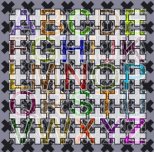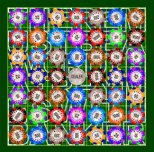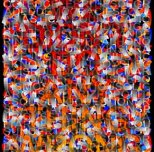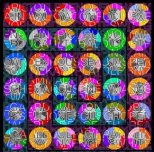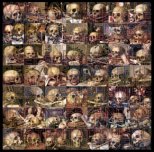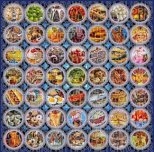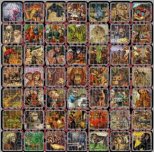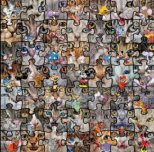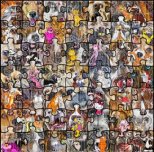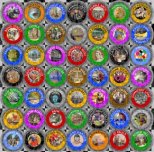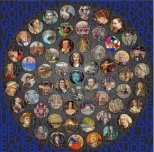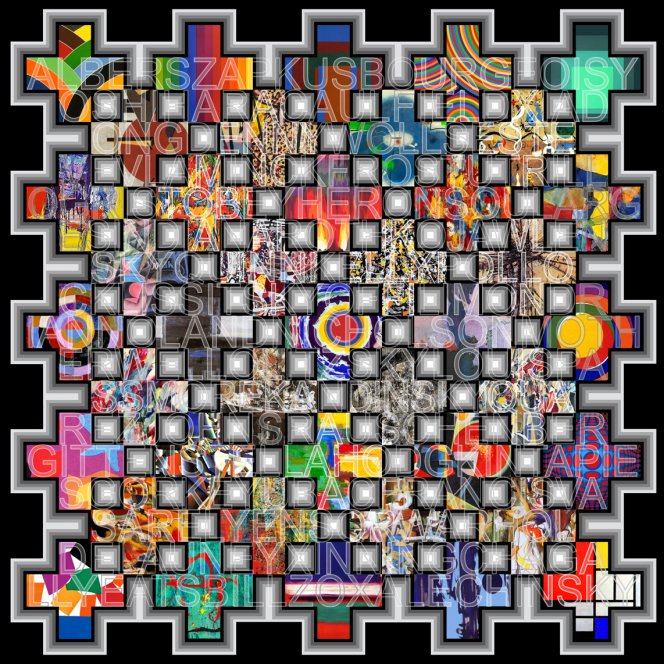 |
Intimations of Mortality 2 Published by Faine Contemporary Art 2014
“Force and fraud are in war the two cardinal virtues". Thomas Hobbes. An ever increasing number of writers, philosophers and thinkers, ranging from Machiavelli to Thomas Hobbes (whose concerns encompassed the problems of social and political cohesion), or from Frank Fenner who was responsible for obliterating global smallpox to Dr Nick Bostram director of Oxford's Future of Humanity Institute all see the probabliity of human extinction. In the case of Machiavelli and Hobbes they thought that the greatst dangers to our society was the lack of our ability to curb the power of politicians and to control their tendency to abuse it while indulging in excessess for personal gain. Little has changed over the last few centuries save for our increasing ability to destroy our environment and ultimately oursenves within, if some thinkers are to be believed, the next couple of hundred years. This gloomy prognosis is in marked contrast to Wordsworth's Ode; Intimations of Mortality from recollections of Early Childhood, in which he suggests that children have an innate knowledge of what is true, which decreases as we grow older. He aso wrote that "it's the child that makes the man", unfortunately the daily evidence of abuse of children, often by their parents and the psychology associated with this practice seems to contradict his idealism. I feel that the notion of immortality, for anybody is merely a conceit, as 'forever' is no longer an appropriate time scale as we learn more about the Universe and its origins. In this print I have juxtaposed hard-edge abstract crosses to provide structure, with a miscellany of some of the most famous abstract paintings that reflect the human condition. The text is simply the names of those artists who in a more romantic period might have been deemed to have been immortal. |
Braid Faine Cookie PolicyWe use cookies to enhance your user experience. To find out more please view our Cookie Policy
Close
Close

